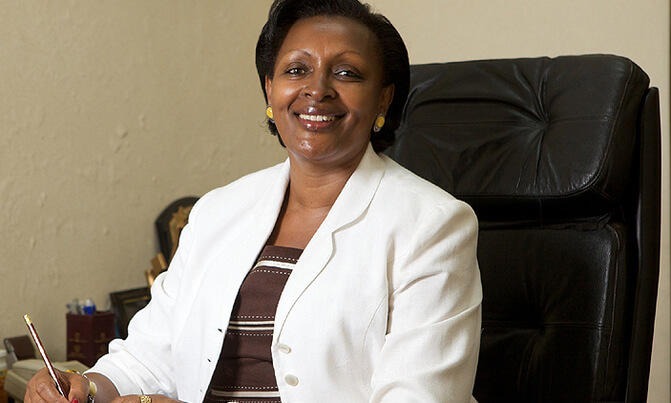
Our Projects are
Transforming African Trade
Quick Contacts
2nd Floor, Fidelity Insurance Centre Waiyaki Way, Westlands

According to the African Union, in order to get maximum benefit of the arrangement as a country, we need to work on minimising or eliminating non-tariff barriers altogether.
The Africa Continental Free Trade Area (ACFTA) was supposed to be launched at the beginning of July, but due to the coronavirus crisis, this has been pushed back to January next year.
ACFTA will liberalise the movement of goods, services and people throughout the continent which is an important ingredient for the transformation of Africa’s people. A major challenge for Africa is that it does more trade with the outside world than it does within itself.
This is a historical arrangement that was set in place by the colonialists.
Trade between African countries accounts for 15% of all trade done by the continent. This is woefully small compared to Asia’s 58% or the European Union’s 75%.
Being the major markets for our products means the former colonial powers can set the price of our coffee, tea, cotton and even gold.
Increasing trade within the continent will break this monopoly market, create greater interdependence between our countries and unlock the vast potential of our continent.
It will also make us a more attractive investment destination, aid in technology transfer and in so doing reduce poverty and aid the transformation of our countries.
We have evidence here at home of how through the opening of regional markets, the East African Community (EAC) has boosted our farmers’ production of grain.
Imagine if the same concept could be expanded to the whole of Africa? Today, Africa is a $2.5 trillion economy, which could be much bigger, if we brought down the artificial boundaries that separate us.
According to the African Union, if the ACFTA is operationalised, we can see the share of trade within the continent doubling in the first 10 years of that happening.
Some are more ambitious and think we can see trade within the continent rise to half all Seize moment on African free trade trade done by African countries.
In short, the benefits to us as a country cannot be overstated. We at the Uganda National Chamber of Commerce & Industry (UNCCI) are waiting with bated breath for the ACTFA to begin.
As private sector we are always excited at the possibility of bigger markets, with few impediments to entering them. However, we are a bit concerned at the lack of information from the trade ministry regarding our status and our preparations to take advantage of this initiative.
According to the African Union, in order to get maximum benefit of the arrangement as a country, we need to work on minimising or eliminating non-tariff barriers altogether.
These include poor road and rail networks, border delays and the capacity of our custom officials to process trade efficiently through the borders.
That is the easy part. Beyond that countries need to set up the infrastructure — laws and institutions, to help with trade facilitation and crossborder anti-competitiveness.
We are not naïve. We know that there will be a period of transition for our members and we also know the door will open to businesses with anti-competitive tendencies, which will call for seamless co-operation between businessmen and the relevant institutions to ensure mediation.
This is the software that will ensure not only the smooth running of the ACFTA, but allow us to take maximum advantage of it.
At the Uganda National Chamber of Commerce and Industry (UNCCI) we would like to see the ministries concerned (trade and foreign affairs) spearheading our effort to engage with the public sector for our input. We are aware that the coronavirus has put many things on ice and the coming elections may distract government leaders, but putting place the mechanism so as to take maximum advantage of the coming free trade arrangement is urgent too.
As UNCCI we are eager to work with the Government in creating preparedness, but it has to take the lead.
Read the original article
Disclaimer: The views and opinions expressed in this article are those of the authors and do not necessarily reflect the official policy or position of TradeMark Africa.